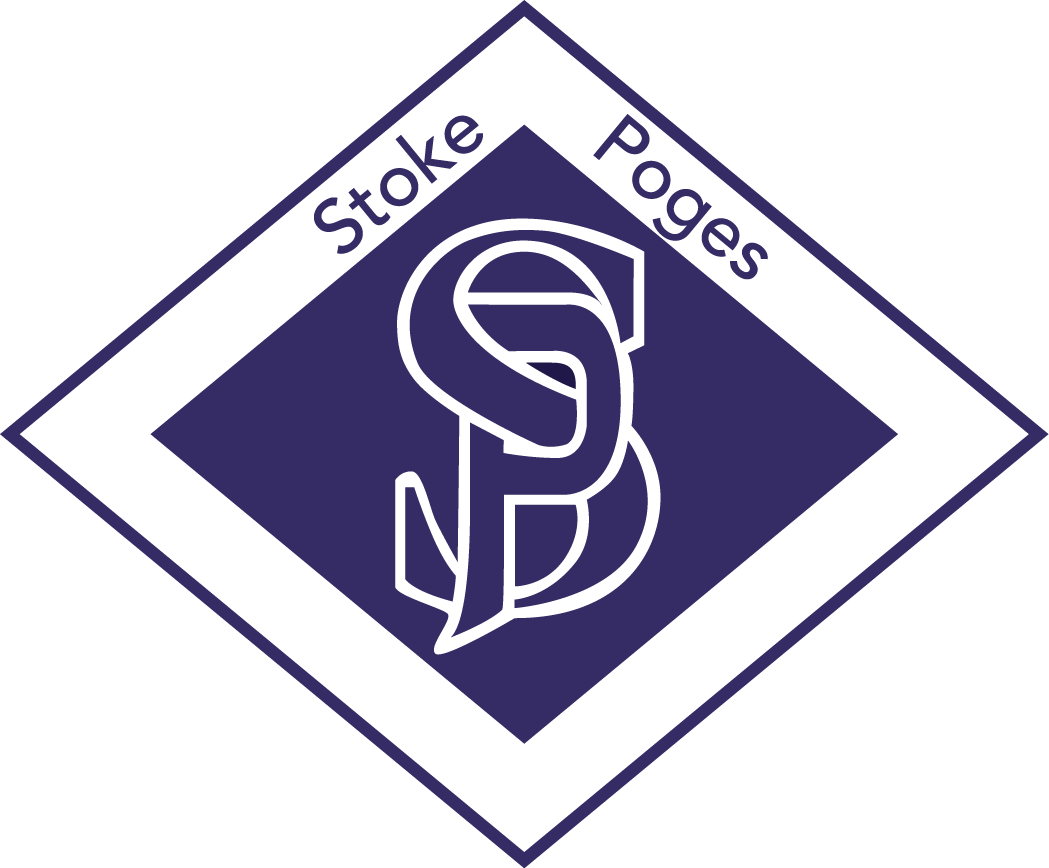Reading
Reading at The Stoke Poges School
Our ultimate aim is to ensure that all children at Stoke Poges develop a life-long love of reading. We therefore take a multi-faceted approach to teaching reading to spark the interest of all children, looking at different genres within fiction and non-fiction text types, as well as multimedia, multi-modal texts such as animation and film texts, websites, poetry, prose, picture books and wordless picture books. We believe that reading in school should mirror what it is in life: fundamental and functional, but also a means of escape, relaxation, and a source of immeasurable pleasure.
The Reading Journey: First Steps
At the point of entry in the Early Years, children embark on a programme of Systematic Synthetic Phonics enabling them to master the skills of decoding words with accuracy and fluency. This rigorous programme is supplemented with a home-school book lending system which allows children to take a book home that’s closely matched to their phonics level, yet with a greater ‘interest’ factor which lends itself to valuable ‘book talk’ between the listening adult and the child. The child will progress through the phonics reading stages as their decoding skills progress, leading them onto our ‘bridging books’ before becoming a fully-fledged ‘free reader’, awarded in consideration of reading age assessments, outcomes of ‘book talk’ conversations (known as R.E.A.D. questioning) and at the discretion of the class teacher.
Whole-school strategies for embedding reading skills
Children are taught to read in a variety of ways. Children are heard to read to an adult independently on a weekly basis, as well as within class or group guided reading sessions which take place daily. These sessions primarily allow for valuable conversations about what has been read between peers and the teacher, where pupils can safely explore meanings and clarify misconceptions. Group Guided Reading sessions also provide an excellent opportunity to practise fluency and expression when reading aloud. Yet it is the key skills of reading that takes priority in these sessions: retrieval of information, exploration of the author’s choices of language, analysing textual structure and grammatical conventions, deduction and inference.
Each year group has a termly class text which is explicitly linked to the wider curriculum of that stage. Thus, English lessons are taught through a repertoire of high-quality texts linked to the topics covered in Science, History and Geography lessons, making reading relevant to wider learning. This method also enables children to gain good foundations in their learning of scientific, geographical and historical facts and concepts.
The SPS library
We believe that everyone should be able to find their inlet into reading through their hobbies, preferences, inclinations, and sense of identity. Our library is continually being updated with a wide range of reading material with a purpose to encompass a wide spectrum of genres within fiction and non-fiction text types. We are also passionate that our school library reflects as many realities as possible and are continually sourcing books which feature characters and topics relating to different faiths, ethnicities, socio-economic backgrounds and family structures. Our lunchtime library club enables children to read and take out books; we also offer ring-fenced library time for an afternoon for each year group on a half-termly basis. Here, the children can enjoy a more relaxed, informal atmosphere whilst the teacher can read or recommend books to children needing extra guidance.
Reading at home in Reception and Key Stage 1
The children practise their reading with books that match the phonics and the ‘tricky words’ they know. They start thinking that they can read and this does wonders for their confidence.
Your child will bring different sorts of books home from school. Some of these will be books to share and enjoy together and others will be books for your child to read to you and answer comprehension questions.
Class and library books
These are books that the children choose for enjoyment, please share these together and read them to your child.

RWI taught books
Once your child is ready they will bring home a RWI book. This is the book that they will be using during their RWI lessons, they should be confident in reading this book.

Please support your child to read this book and answer the comprehension questions to develop their understanding.
Book Bag Books
Our books are matched to their ability and should be shared and read with you at home.

We know parents and carers are very busy people. However, please try to spend some time every day listening to your child read, talking about the book and asking READ (comprehension) questions. It is also hugely important that you read to your child every night as it helps them to learn about books and stories and enjoy books. They also learn new words and what they mean. Show that you are interested in reading yourself and talk about reading as a family.
Reading at home in KS2
Our aim is for children to finish the RWI Phonics programme quickly so they can start reading a variety of books for themselves. Once completed, they will access a selection of books known as our Bridging Books. These will be matched to the child’s Reading Age and will be a variety of book types. Once they are considered a free reader, they can select any books from home, the library, school library or class library to read. Children will continue to work on reading skills in accuracy, fluency, comprehension and enjoyment throughout their time at the school. It is our hope that every child will become a competent reader who enjoys reading for pleasure.
